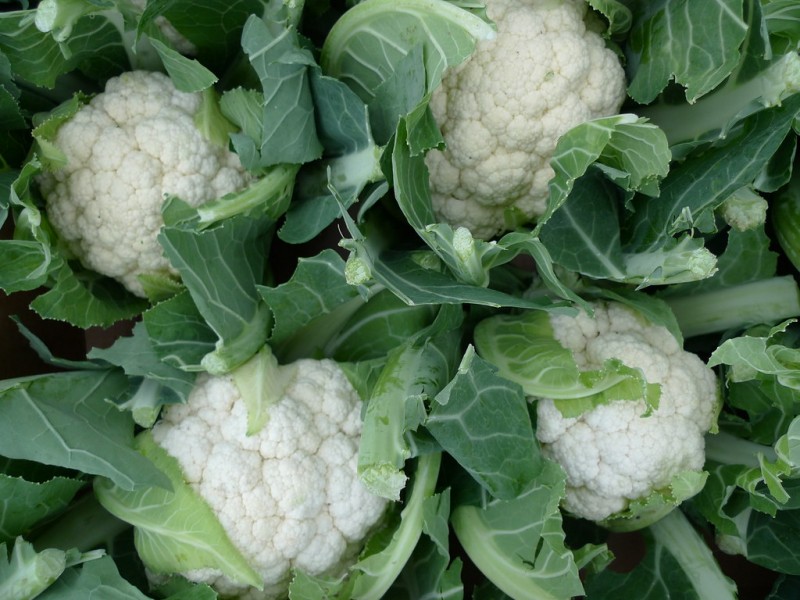Cauliflower, a versatile and nutritious vegetable, has gained popularity in recent years due to its potential health benefits and culinary adaptability. In this article, we delve into expert viewpoints, explore potential health risks, and uncover more about the nutritional value of cauliflower.
The Nutritional Powerhouse
Rich in Vitamins and Minerals
- Cauliflower is packed with essential vitamins, including vitamin C, vitamin K, and several B vitamins.
- It is a good source of minerals like potassium, magnesium, and phosphorus, contributing to overall well-being.
Fiber-Rich Goodness
- High dietary fiber content supports digestion and aids in maintaining a healthy gut.
- Fiber promotes feelings of fullness, making cauliflower an excellent option for those looking to manage their weight.
Expert Opinions
Dietitians' Perspective
- Registered dietitians emphasize the importance of incorporating cauliflower into balanced diets.
- Its low calorie and carbohydrate content makes it suitable for various dietary preferences.
Culinary Experts' Insights
- Culinary experts praise cauliflower's versatility in the kitchen, as it can be used in numerous dishes.
- It can be roasted, mashed, turned into rice, or even used as a pizza crust alternative.
Health Risks and Considerations
Digestive Sensitivity
- Some individuals might experience digestive discomfort when consuming cruciferous vegetables like cauliflower.
- Cooking methods, such as steaming or roasting, can help reduce the likelihood of digestive issues.
Thyroid Function
- Cauliflower contains compounds called goitrogens that can interfere with thyroid function if consumed excessively.
- However, moderate consumption as part of a varied diet is generally safe for most individuals.
Cauliflower in Medical Research
Antioxidant Properties
- Research suggests that cauliflower contains antioxidants that may help combat oxidative stress and reduce the risk of chronic diseases.
Anti-Inflammatory Potential
- Compounds present in cauliflower have shown anti-inflammatory effects in studies, contributing to overall health.
Incorporating Cauliflower Into Your Diet
Simple Recipes
- Explore recipes like cauliflower rice stir-fry, roasted cauliflower with herbs, or cauliflower soup.
- These recipes are not only delicious but also provide a creative way to enjoy cauliflower's benefits.
Snack Options
- Cauliflower can be transformed into tasty snacks like cauliflower popcorn or buffalo cauliflower bites.
- These alternatives are ideal for satisfying cravings while maintaining a health-conscious approach.
In conclusion, cauliflower stands as a nutritional powerhouse with a myriad of benefits and culinary possibilities. From its rich vitamin and mineral content to its potential anti-inflammatory and antioxidant properties, cauliflower deserves a place on your plate. By understanding its advantages and considerations, you can make informed decisions about incorporating this versatile vegetable into your diet.
5 Nighttime Activities to Lose Weight: Weight Loss Advice
Charging at Warp Speed: Phone 15 Series Introduces 35W USB Type-C Charging
Peptic ulcer disease: what is it? Learn these 6 FACTS to stop it
